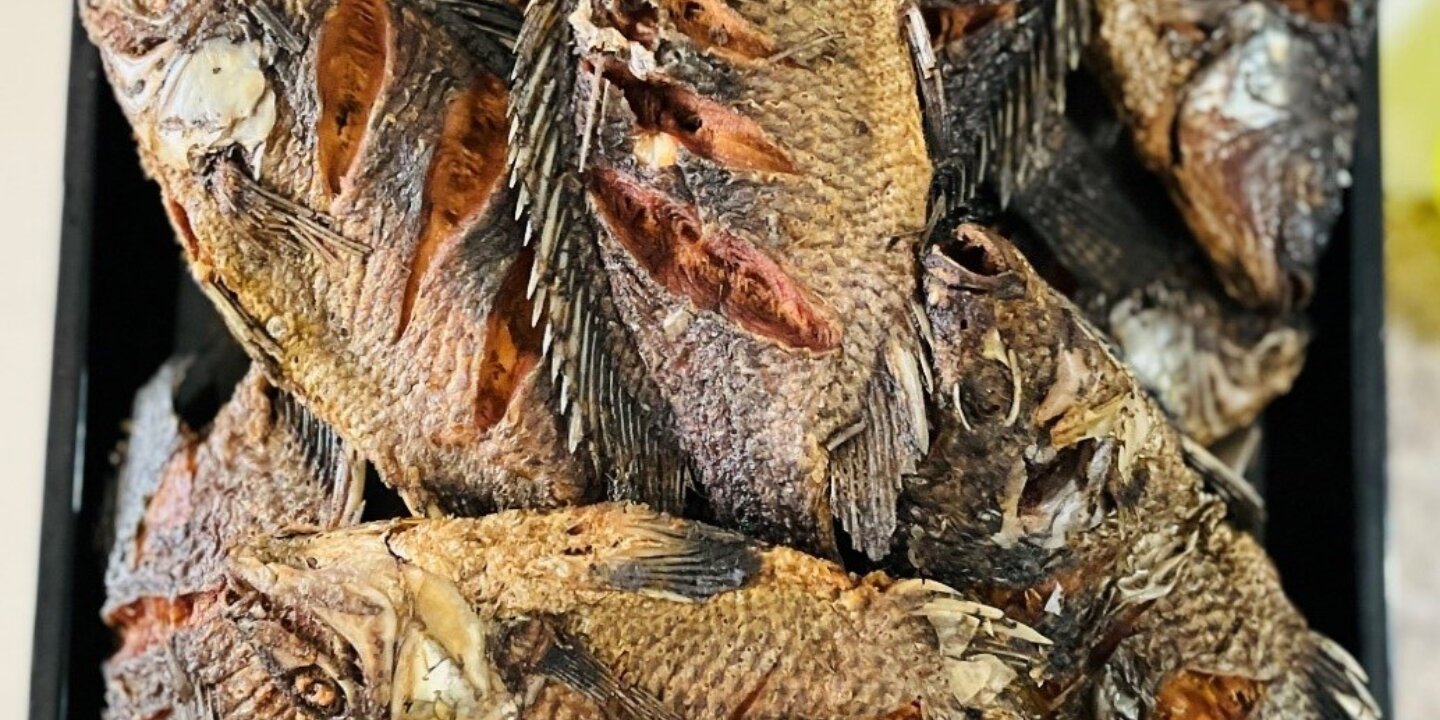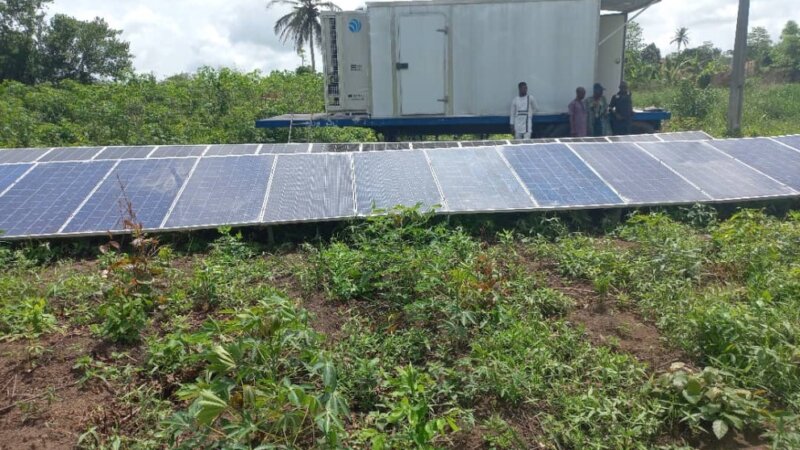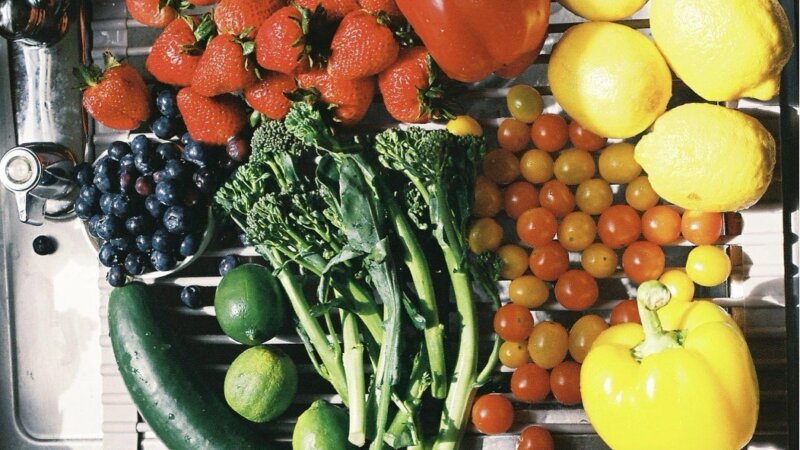E course FST blog: eating fish improves the nutritional status of children

Catherine Sarange is a nutritionist from Egerton University. Her most recent role is nutrition educator in Samaki Salama Project, where she works to improve the nutritional status of young children. Having gained further insights from the E-course in the food systems by Wageningen University and NFP, she writes this blog about fish food and health
My niece Kyla was travelling out of the country to UK where she works as a nurse and she carried this fish with her. The fish was shallow fried and wrapped with baking paper so as to absorb moisture and excess oil then packaged in the freezer bags. In the UK, Kyla would store them in the freezer. She says that the Kenyan fish tastes better but I’d rather think that she gets the feeling of home when she consumes the fish from Kenya. My niece and me, we appreciate fish also for its health benefits.
Some communities in Kenya cannot do without fish in a day and I would love to see more communities appreciate fish in their meals. Fish protein can help in reducing stunting and can allow children attain optimum growth. Besides this fish offers an array of other nutrients like Vitamin A, Vitamin D, Vitamin B12, Zinc, Iron, Iodine, Calcium and Omega 3 fatty acids that are critical for proper growth and development of children. Unfortunately, Kenya suffers the triple burden of malnutrition with stunting in children below 5 years at a rate of 18%. This saddens my heart because a large proportion of children are predisposed to irreversible effects of malnutrition if the situation is not timely managed.
Multiple efforts have been made to reduce stunting in Kenya; like promoting exclusive breastfeeding, appropriate child feeding practices, scaling up maternal, infant & child health and nutrition initiatives, improving health care services among others but more is still required. There is need for multifaceted interventions that incorporate the key players along the Food System too. The inclusion of nutrient dense foods coupled with sensitization of these foods should go in hand in improving the nutritional status of young children. Good thing, with appropriate child feeding practices the nutritional status of children can be improved and effects of malnutrition averted. For instance, the consumption of approximately 30grams/day of fish will contribute in meeting the nutrient needs of the young children. Further, fish intakes of 100grams contribute to 15-25% of the protein requirement in adults and 70% in children. While one can bake, boil, fry, stew, steam, grill or roast fish, frying is recommended for young children as it ensures that nutrients (fat-soluble witamins) are absorbed by the body.
My focus in fish in particular is based on my knowledge of its benefits to health. Working in the coastal region of Kenya I have come to learn that fish is available but its consumption not fully attained. The feeding habits and preferences around fish can improve by educating the caregivers, who are willing to change as long as it impacts the health of their children. Fish contains nutrients that are also critical in pregnancy. The economic status of fisher households is a related element. Fishing is their main source of livelihood and most of them sell all fish and buy other food alternatives of lower nutritional quality. While some take fish home for consumption, the amounts are not always adequate to meet the nutrient needs of all. This led to young children being fed on fish soups hence missing out on the nutrients. Sad Indeed!!!
According to the e-course on food systems, knowledge about food and the purchasing power explain the feeding habits and preferences. These are examples of consumer characteristics. I believe that one day Kenya will be malnutrition free and I know food knowledge dissemination is one way towards achieving this. I also hope that one day more communities if not all would appreciate fish as food as much as my niece Kyla does!
Sources:
- Samaki Salama Project is a collaborative research intervention study between Egerton University & Pwani University in Kenya; University of Rhode Island and Washington State University in US)
- Kenya Demographic and Health Survey 2022
- https://doi.org/10.1371/journal.pone.0265310[WG1] [H2]
- https://www.unnutrition.org/wp-content/uploads/FINAL-UN-Nutrition-Aquatic-foods-Paper_EN_.pdf
Author

Catherine Sarange
e-course FST 2023 participant





